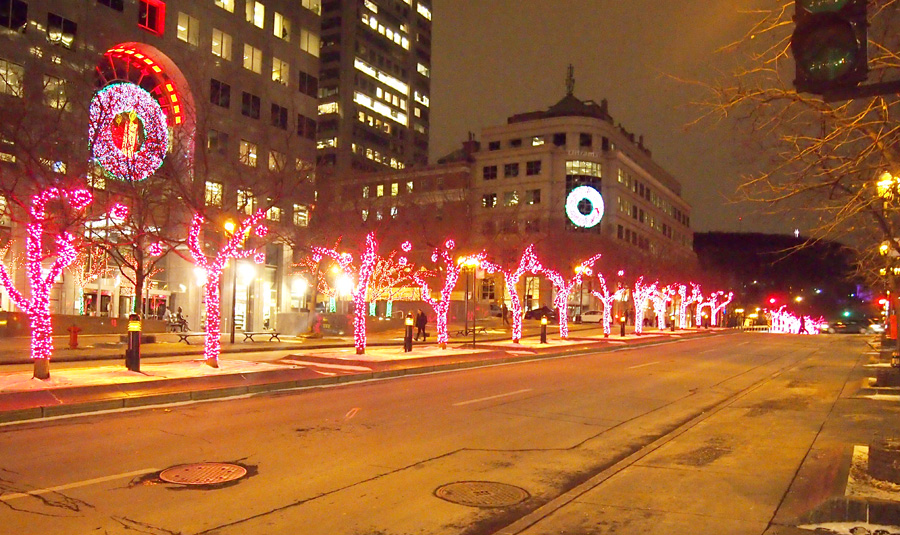Although no consensus exists on what marks the beginning of the holiday season, I believe it occurs sometime between the first snowfall and the release of Starbucks seasonal drinks. The season marks the end of the year, and for students, a highly anticipated winter break. Though celebrated by many as a time of love, joy, and peace, not everyone welcomes the holidays with such enthusiasm. In fact, traditional festivities can serve to exacerbate feelings of stress and anxiety throughout the month of December for many people. The taxing nature of the holiday season is detrimental to some and offers reasons for abandoning traditional perceptions of the holidays this year.
Dubbed ‘the most wonderful time of year’, there is immense pressure to live up to an impossibly high standard of joy during the holiday season. The reality of winter break is seldom full of as much holiday cheer as one is led to expect. In reality, people generally have overly ambitious expectations leading up to events and, as a result, will often be disappointed when their expectations are not met. Unfortunately, social media does little to inhibit this bias. Instagram feeds full of picture-perfect decorations, gingerbread-house building, and laughing families further inflate expectations and increase the pressure to emulate that joy.
McGill schedules only two weeks without classes or exams, which inherently advantages certain students over others. While the break period at McGill allows some students the time to return home, for others, the short break doesn’t offer enough time to travel long distances, especially when travel costs peak during this time of year. While some services exist in residences, such as the Holiday Hosting program, McGill ultimately does little to support students who are unable to return home during the holidays.
The spirit of the holidays is pervasive in Christmas songs, cheesy holiday movies, and the umpteenth cup of eggnog, further increasing pressure to be jolly. Yet seldom do these holiday tokens encourage one to relax or de-stress. Instead, the holidays have become synonymous with stress-inducing trips to the mall, endless strings of tangled lights, and pine needles covering the living room in the case of Christmas. While it may not be necessary to part from long-standing traditions entirely, it is important to acknowledge the consumptive nature of the holiday season and the associated impacts it can have on one’s mental health. The modern holiday season aims to please the consumer, yet these habits are financially and environmentally unsustainable, and are likely to lead to increased stress levels in shoppers.
Besides the pressure to enjoy oneself and balance the dichotomy of tradition versus sustainability, people experience the December blues for other reasons as well. General feelings of stress and anxiety are common. In fact, a 2006 study revealed that 61 per cent of participants experience stress often or occasionally during this time. Some contributing factors include increased financial strain, anticipating intrafamilial dynamics, and maintaining personal health habits.
For many, the holidays mean balancing limited time between various family groups. With a finite amount of time, students with large or disjointed families are forced to fill their schedules with brunches, lunches, and dinners to ensure they make time for everyone. The short break does not allow all students to take the necessary time to relax and instead may be a substantial source of additional stress.
Instead of attempting to enjoy the holidays at all costs, one should acknowledge feelings of stress and anxiety in themselves and their peers this December and take time to relax when needed. For students, winter break should be a time to rest and refresh for another upcoming semester. It is time to abandon the conventional image of the holidays and acknowledge that winter break can’t always be full of eggnog, ice-skating, and gifts. In the end, the holidays are not the end-all and be-all, in fact, they are only another season.







